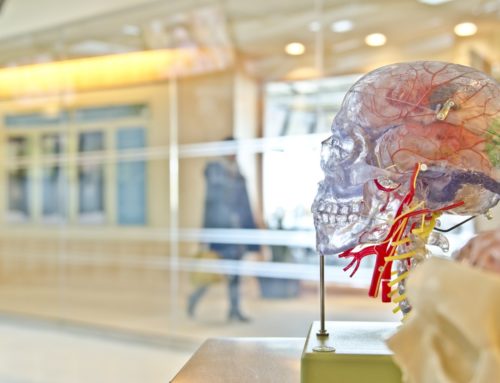
After almost 20 years of successfully treating Addictions, Anxiety, Attention Deficit Disorder, Insomnia, Headaches and other disorders with neurotherapy or Neurofeedback I began to wonder what role does the brain play in eating disorders.
“Eating Disorders are NOT just disorders of eating, they are a complex interaction between the mind, body (unbalanced brain), environment and soul that manifest in disorders of eating behavior”
Research has made headway in learning that signals in the brain go awry in the brains of people who suffer from eating disorders. Brain scans now reveal that some brain cells do not process neurotransmitters (Brain Chemicals) properly in people with eating disorders. An unbalanced brain
Studies have also shown that pathways associated with the region of the brain known as the reward center seem to be miswired in people with eating disorders.
An unbalanced brain.
The size and shape of certain regions are different. The regions affected: play an important role in regulating how much we eat, tells us what taste was just experienced. It connects with other brain regions to allow us to feel pleasure or dislike about taste. It also integrates how we feel about our body and our sensation of pain.
An unbalanced brain.
People “just thought I was choosing to be skinny”. They assumed that fixing the problem would be as easy as “reminding me to eat. It’s not like that at all. ” The brain can broadcast lies about our appearance and self-worth.
It is not” just the fear of weight gain” and/or “just the fear of getting fat”. It is also something biological- an unbalanced brain- that makes it really hard to be “normal”.
Whether these altered regions help trigger eating disorders or instead are caused by them remains unknown. It does not matter. What matters is that the unbalanced brain needs to be treated.
The Unbalanced Brain in Eating Disorders
-SEROTONIN DEFICIENCY
-MISWIRED REWARD CENTER
-ENLARGEMENT OF ORBITOFRONTAL CORTEX
-ENLARGEMENT OF RIGHT INSULA
Written by Rick A. Harris, Psy.D. With over 30 years as a clinical psychology he has been able to help people overcome the emotional barriers that prevent them from reaching their potential. He has had the opportunity to do this in various settings; private practice, hospitals and treatment centers. His interest in the mind body connection has helped him gain a better understanding of the complex interaction between the two and has contributed to the development of the Neurofeedback Institute. He was the cofounder in the mid 80’s of one of the first wellness centers that treated eating disorders; Changing Lifestyles.



